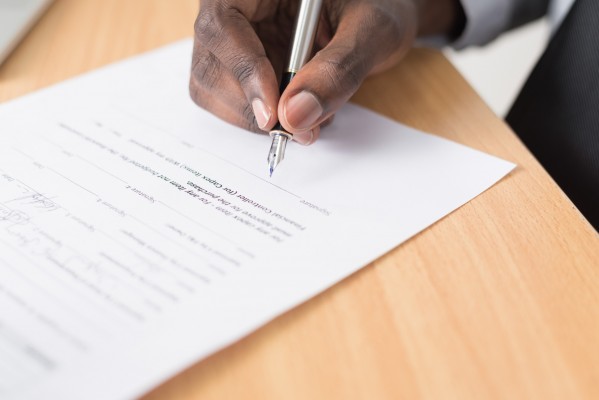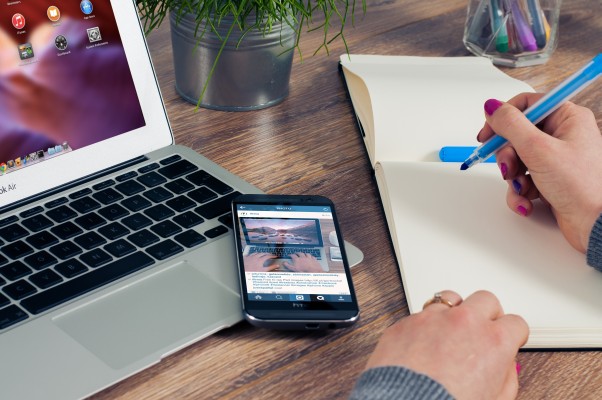Buying your first property that you will call home is exciting! Perhaps you've spent years
renting and are finally ready to take the plunge. Purchasing a property is a massive
milestone, but since it comes with a substantial financial obligation and will likely be your
biggest asset, it can be daunting knowing how to navigate the process.
If you're in the property market to purchase your first home and unsure where to start,
follow the tips below.
Evaluate Your Finances
Before you even begin buying a home, you must have a clear picture of your finances. Your
financial situation will influence the kind of property you can purchase and the mortgage
you qualify for.
Many costs come with buying a property, including down payment, closing costs, and
home inspection. On top of that, you will have to pay for moving costs and other non-
essential minor expenses to make the house your home, like new drapes, furniture, and
decor items.
It's important to have money in savings that you can use for these expenses, as well as
money saved in an emergency fund that is enough to cover about three to six months of
your living costs.
There is an opportunity to apply for a mortgage loan at a bank, building society or other
lenders, and your property is used as collateral. Most lenders will require that you have a
large deposit, sometimes as much as 60% of the property's purchase price, in cash for a
down payment. Since the deposit is high, it is a lower risk for the lender, meaning the
interest rate is lower.
If you're a first-time buyer, you may qualify for the Help-to-Buy Scheme (HTB), which was
put into place to assist first-time buyers. In this case, you may only be required to put
down a deposit of about 5% of the property’s value.
Apart from the costs associated with buying a property, evaluate your finances and
budget to ensure you can afford the ongoing expenses of owning a home. These include
maintenance, taxes, rates, and insurance. All lenders require you to have homeowner's
insurance before they approve your loan.
However, some people also buy umbrella insurance to add more protection when liability
limits aren't reached.
Type of Property that will Suit You
When you know how much you can afford and the mortgage amount you qualify for, you
must consider the property you want. Think about the areas that are convenient for you,
whether it is close to work or if it is in a school district (for those who have children).
Also, think about the type of home you want. Do you want a stand-alone house, or would
it suit you better to live in an apartment or complex?
Consider the safety and security of the neighbourhood and the amenities that are nearby.
Also, think about how long you plan on living there. If you're single or newly married, do
you want a home that can accommodate children you plan to have in the future, or will
you buy a bigger house later on?
Lastly, consider whether you are open to buying an old house and renovating it, or do you
want to buy a new home ready for you to move into without needing any work?
Work with a Real Estate Agent
As a first-time buyer, it's helpful to work with an experienced real estate agent. Real
estate agents know the process and will offer expert guidance, help you with the
paperwork, and secure a loan.
Meet with your agent and give them a detailed description of what you're looking for and
your budget. They know of properties on the market and will be able to find properties
that match your needs and budget, and they can also negotiate with the seller to get you a
reduced price.









